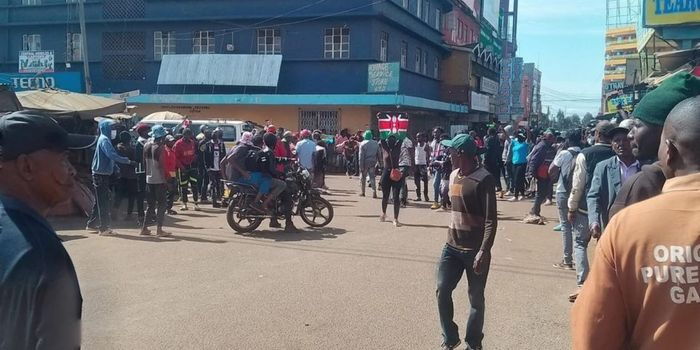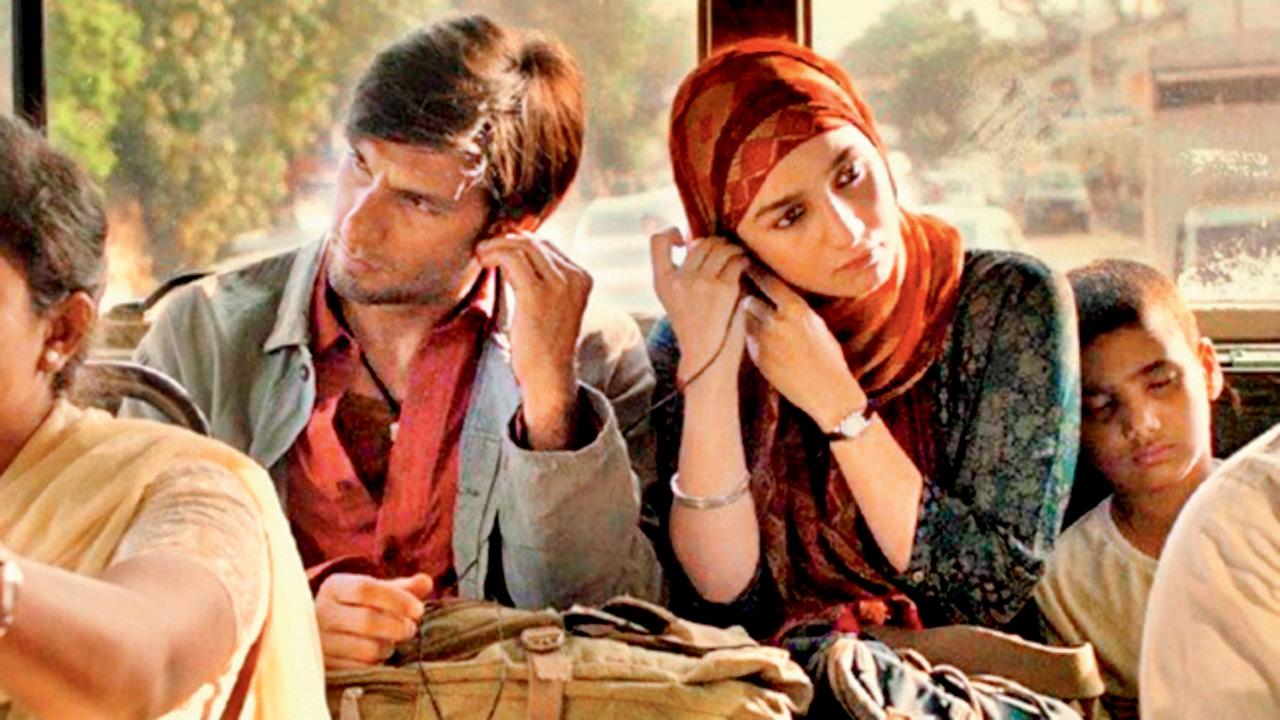Kenya's June 25th Protests Turn Violent

On June 25, 2025, thousands of Kenyans, primarily from Generation Z, took to the streets nationwide to commemorate the lives lost during the 2024 anti-Finance Bill protests and to demand justice, accountability, and an end to police brutality. These demonstrations, a year after the infamous 'Occupy Parliament' protests that resulted in at least 60 fatalities caused by security forces, rapidly escalated into widespread clashes with law enforcement.
The protests addressed a broad spectrum of grievances, including persistent police brutality, economic hardship, social injustice, corruption, and the government's perceived failure to implement good governance. Protesters, many waving Kenyan flags and carrying placards featuring the faces of victims, chanted "Ruto must go," reflecting deep disillusionment with President William Ruto's administration and his unfulfilled promises of economic improvement.
Despite initial calls for non-violent demonstrations, confrontations quickly turned volatile across major towns, including Nairobi, Nyeri, Nakuru, Machakos, Kisumu, Mombasa, and Kitengela. Police responded with heavy deployment, barricading key roads with razor wire and metal barriers, and deploying anti-riot officers, tear gas, water cannons, and in some instances, live bullets. In Matuu, Machakos County, at least one person was confirmed dead and several injured after police opened fire on protesters attempting to storm Matuu Police Station. Similarly, a Form 3 student was shot dead in Molo, Nakuru County, and four others were injured during clashes. In Nairobi, a protester sustained severe hand injuries when a tear gas canister exploded as he attempted to throw it back at officers. A Metro Trans bus was also filled with tear gas, forcing passengers to flee.
The unrest caused significant disruption, bringing transport to a standstill along major arteries such as the Nyeri-Karatina highway, Thika Superhighway, and key Nairobi roads like Jogoo, Ngong, and Mombasa Road. Kenya Railways and Metro Trans suspended commuter services for public safety. Businesses in protest hotspots were forced to close, and incidents of property damage were reported, including the alleged torching of Kikuyu Law Courts and sub-county offices, and looting in Nairobi's Mfangano Street and Kitengela. In some areas, police officers were reportedly overwhelmed and forced to retreat by determined protesters.
In a notable development, the National Assembly abruptly adjourned its session, failing to meet quorum as MPs hastily exited Parliament buildings amid rising tensions. The Communications Authority also reportedly ordered TV and radio stations to halt live coverage of the protests. President Ruto, speaking from Kilifi County, urged protesters to remain peaceful and avoid property destruction, while former Prime Minister Raila Odinga echoed these sentiments and called for compensation for victims' families. The National Police Service Commission (NPSC) appealed for dignity and professionalism from both protesters and law enforcement, even as human rights groups, like Katiba Institute, filed petitions against police for unlawful road barricades and excessive force, citing past rulings against blanket protest bans.
Public sentiment showcased a mix of defiance and concern. Many young people engaged in dark humor about potential deaths, with some even pre-booking mortuary services. Parents expressed deep anxieties, with some strongly warning their children against participating. However, the movement also garnered praise from figures like city lawyer Donald Kipkorir, who lauded Gen Z for prioritizing national unity over tribal divisions. Celebrities, including Mammito Eunice, Khaligraph Jones, Arrow Bwoy, Njugush, Minne Cayy, Nameless, and Nyashinski, actively joined the demonstrations, with some recounting their direct encounters with police brutality. Amidst the chaos, instances of defiance and unexpected kindness emerged, such as a shirtless TikToker distributing bread and milk to police officers.
As protests continued, Western embassies, including those of the US, UK, and Canada, issued a joint statement urging respect for peaceful protest and transparency in law enforcement, criticizing the alleged use of plainclothes officers and










